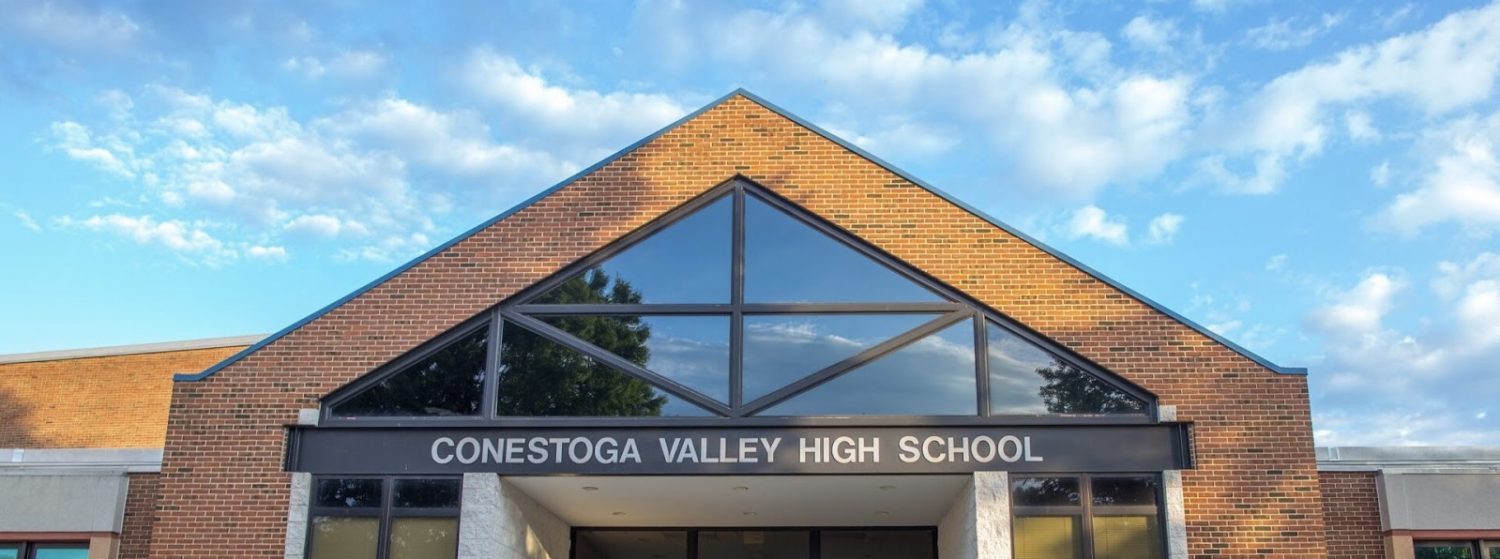By Michael Vergenes ’22
The atrocities of the war on drugs declared by Nixon in 1971 have left America scarred and deformed. Its slogans and programs have brainwashed much of the adult population. Many now believe the morbid reality of the anti-drug policy of Nixon, Reagan, and the public officials since then is a necessity.
This ‘necessity’ includes a skyrocketed incarceration rate and 1.6 million drug arrests in 2019 alone. Many believe these numbers are just a byproduct of the evil of drugs. This is not the case, and in fact has never been the case. There are more than 500,000 people in prison today for non-violent drug offenses. People whose lives have been confined to four cold concrete walls, over drugs.
Criminalizing street drugs and incarcerating users has actually been shown to increase drug use and overdose cases in those incarcerated once released. So not only have these miserable policies increased incarceration, but have worsened rehabilitation, defeating the supposed purpose of jail time. This is not justice, nor an unavoidable result of the evil of drugs. This is a direct result of the policies of prohibition and criminalization of drugs upheld by politician after politician.
The war declared on drugs is lost. Like with most things, the main reason has something to do with money. In a given year, say 2016, Americans spent around $150 billion dollars on illicit drugs. Profits like these indicate a major idea overlooked by policymakers: excessive demand. As long as people want drugs and have money to spend, someone will supply them. Drugs won this ‘war.’
The worst part of the drug trade is the violence. The large, organized crime and drug peddling groups responsible are called cartels. In Mexico, these cartels control swaths of land, pay off officials, and kill. They kill a lot. In 2010, drug violence accounted for 63% of all intentional homicides in Mexico. Thousands of police, journalists, and government officials are assassinated every year. Cartels like today’s did not exist before US policymakers declared a war on drugs. Cartels and the violence that comes with them are a direct result of US drug prohibition.
Concerned citizens say they can’t support reforms because of the strain drug users put on society. These same people seem to forget the very foundations of America, “Life, Liberty and the pursuit of Happiness.” Drug users, and anyone for that matter, do not owe society their productivity, time, or explanations.
Every right-minded adult in the United States is entitled to make their own decisions regarding what they consume and their own way of pursuing happiness. Drug prohibition is a direct violation of one’s unalienable rights.

Drug Prohibition and the Consequences of Criminalization
By Michael Vergenes ’22
The atrocities of the war on drugs declared by Nixon in 1971 have left America scarred and deformed. Its slogans and programs have brainwashed much of the adult population. Many now believe the morbid reality of the anti-drug policy of Nixon, Reagan, and the public officials since then is a necessity.
This ‘necessity’ includes a skyrocketed incarceration rate and 1.6 million drug arrests in 2019 alone. Many believe these numbers are just a byproduct of the evil of drugs. This is not the case, and in fact has never been the case. There are more than 500,000 people in prison today for non-violent drug offenses. People whose lives have been confined to four cold concrete walls, over drugs.
Criminalizing street drugs and incarcerating users has actually been shown to increase drug use and overdose cases in those incarcerated once released. So not only have these miserable policies increased incarceration, but have worsened rehabilitation, defeating the supposed purpose of jail time. This is not justice, nor an unavoidable result of the evil of drugs. This is a direct result of the policies of prohibition and criminalization of drugs upheld by politician after politician.
The war declared on drugs is lost. Like with most things, the main reason has something to do with money. In a given year, say 2016, Americans spent around $150 billion dollars on illicit drugs. Profits like these indicate a major idea overlooked by policymakers: excessive demand. As long as people want drugs and have money to spend, someone will supply them. Drugs won this ‘war.’
The worst part of the drug trade is the violence. The large, organized crime and drug peddling groups responsible are called cartels. In Mexico, these cartels control swaths of land, pay off officials, and kill. They kill a lot. In 2010, drug violence accounted for 63% of all intentional homicides in Mexico. Thousands of police, journalists, and government officials are assassinated every year. Cartels like today’s did not exist before US policymakers declared a war on drugs. Cartels and the violence that comes with them are a direct result of US drug prohibition.
Concerned citizens say they can’t support reforms because of the strain drug users put on society. These same people seem to forget the very foundations of America, “Life, Liberty and the pursuit of Happiness.” Drug users, and anyone for that matter, do not owe society their productivity, time, or explanations.
Every right-minded adult in the United States is entitled to make their own decisions regarding what they consume and their own way of pursuing happiness. Drug prohibition is a direct violation of one’s unalienable rights.